FOR AGES 8 YEARS TO 9 YEARS
Image © Erica Smit under a creative commons licence.
Teeth are those pearly whites inside your mouth that make it possible to eat, talk, and smile.
They are an essential part of KS2 Science lessons because they are so important for our everyday lives. Also, teaching good hygiene to your children can set them up to have a perfect smile for life.
This article discusses everything teeth: what children learn, what teeth are, the different types of teeth, keeping them healthy, and finally some teeth facts for kids.
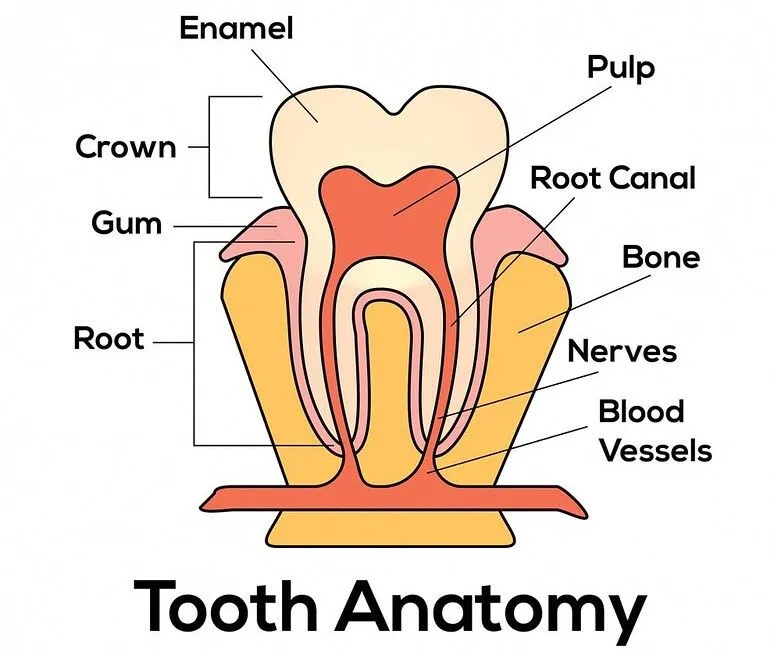
Image © Paul Brennan under a creative commons licence
Teeth are a necessary part of KS2 science. Children are introduced to the subject in Year 3 and are taught the different types of teeth, their different functions, and proper hygiene.
The crown is the visible part of the tooth.
Each crown is covered by a very hard substance called enamel and its job is to protect the extremely sensitive inner part of the tooth.
Underneath the enamel is dentin, an extra protective layer over the pulp.
The pulp is the part of the tooth that hurts when you eat something cold or have a toothache. It contains a lot of nerve endings and blood vessels that provide nutrients to the tooth, so it must be protected.
Cementum protects the root of the tooth, and gums are the pink, protective tissue.
Humans have up to 32 adult teeth. There are four different types of teeth, each designed to do a certain job:
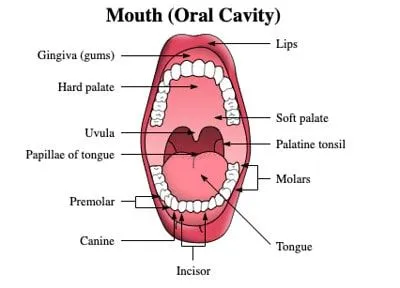
Image © TilmannR under a creative commons licence
Incisors cut your food.
Canines tear your food.
Pre-molars crush food.
Molars grind that food, ready to be swallowed. There are four molars on the top and on the bottom.
We get two sets of teeth over our lifetime. Before our adult teeth come, we have baby teeth (or milk teeth), about twenty of them. Typically, baby teeth grow from three months old, and they should all be out by the age of three.
At six years old, baby teeth start to fall out and are replaced by adult teeth, which continue to grow until thirteen years of age. Wisdom teeth, at the very back of the mouth, start to grow around seventeen years old, or sometimes not at all. Sometimes they are really painful and need to be pulled out.
Humans have different teeth from other animals. We are omnivores, we eat meat and plants. Herbivores, animals that only eat plants, and carnivores, animals that only eat meat, need different teeth to chew different foods.
It is so important to look after your teeth and gums. We need them to stay strong so we can keep eating, right?
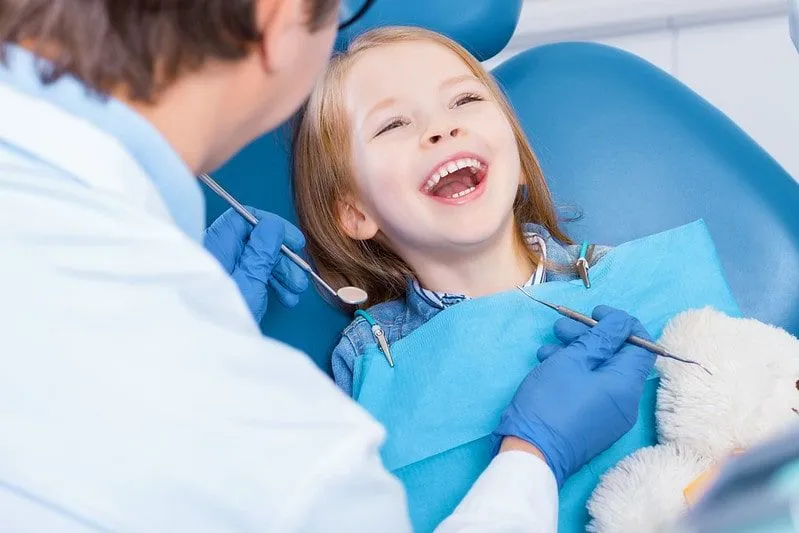
Image © Monstar Studiom under a creative commons licence
Firstly, to keep teeth healthy requires good oral hygiene. Brush your teeth twice a day to keep them clean and remove plaque. You can also use floss to clean in between the teeth and mouth wash to keep gums healthy. Visit the dentist for regular check-ups, about every six months, so they may sort out any issues early on. Maintaining a healthy diet is also recommended, this means avoiding sugary foods like sweets and fizzy drinks which can erode the enamel on the teeth.
Without proper care, it can be a real toothache. Improper hygiene may create tooth decay which causes dental cavities, small black holes in the tooth. Tooth decay can be pretty painful and requires dental treatment (ouch!). Furthermore, a build-up of plaque may lead to gum disease.
Read The Disclaimer
At Kidadl we pride ourselves on offering families original ideas to make the most of time spent together at home or out and about, wherever you are in the world. We strive to recommend the very best things that are suggested by our community and are things we would do ourselves - our aim is to be the trusted friend to parents.
We try our very best, but cannot guarantee perfection. We will always aim to give you accurate information at the date of publication - however, information does change, so it’s important you do your own research, double-check and make the decision that is right for your family.
Kidadl provides inspiration to entertain and educate your children. We recognise that not all activities and ideas are appropriate and suitable for all children and families or in all circumstances. Our recommended activities are based on age but these are a guide. We recommend that these ideas are used as inspiration, that ideas are undertaken with appropriate adult supervision, and that each adult uses their own discretion and knowledge of their children to consider the safety and suitability.
Kidadl cannot accept liability for the execution of these ideas, and parental supervision is advised at all times, as safety is paramount. Anyone using the information provided by Kidadl does so at their own risk and we can not accept liability if things go wrong.
Kidadl is independent and to make our service free to you the reader we are supported by advertising.
We hope you love our recommendations for products and services! What we suggest is selected independently by the Kidadl team. If you purchase using the buy now button we may earn a small commission. This does not influence our choices. Please note: prices are correct and items are available at the time the article was published.
Kidadl has a number of affiliate partners that we work with including Amazon. Please note that Kidadl is a participant in the Amazon Services LLC Associates Program, an affiliate advertising program designed to provide a means for sites to earn advertising fees by advertising and linking to amazon.
We also link to other websites, but are not responsible for their content.
Was this article helpful?
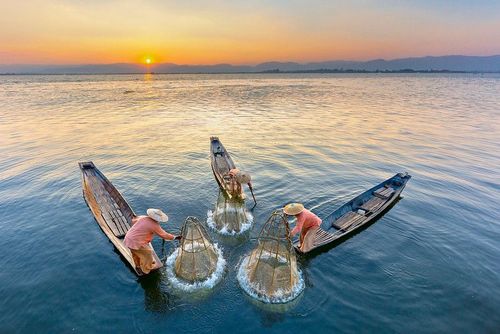
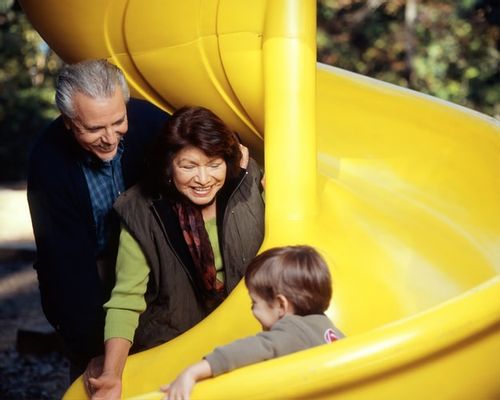

Browse Category

We’ll send you tons of inspiration to help you find a hidden gem in your local area or plan a big day out.



Check your inbox for your latest news from us. You have subscribed to:
Remember that you can always manage your preferences or unsubscribe through the link at the foot of each newsletter.